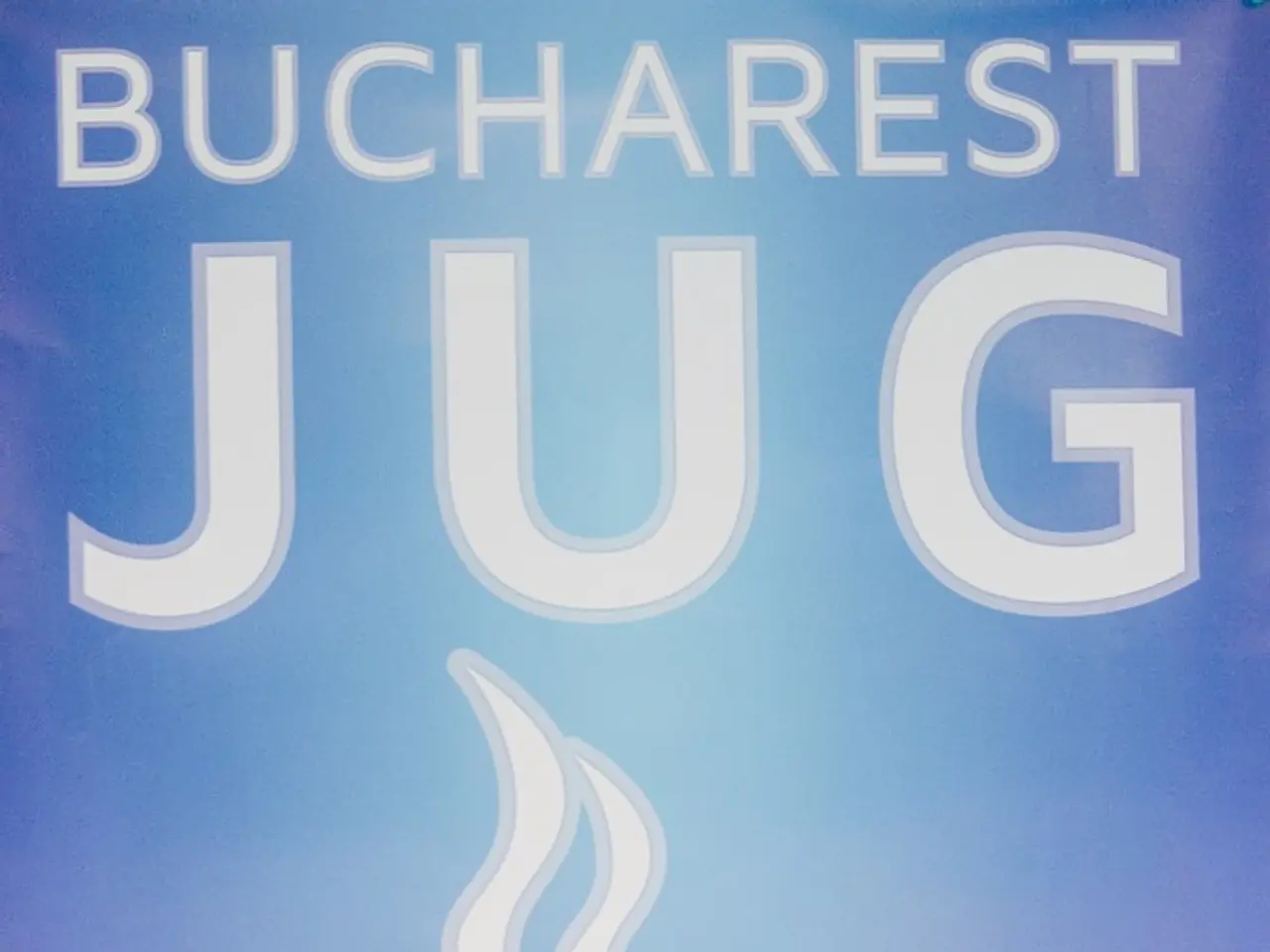Top graduate programs in jeopardy due to procurement regulations in Whitehall, as warned by industry experts.
Top Government-Funded Graduate Schemes Face Uncertainty Due to Procurement Rules
Whitehall's procurement rules are causing concern for top government-funded graduate schemes in public services such as teaching, prisons, and social care. Organisations like Teach First, Frontline, and Unlocked Graduates are being forced to rebrand or adapt to secure UK government funding, potentially impacting recruitment and delivery [3][4].
The new procurement criteria and processes require these programmes to comply with stricter rules to receive government contracts or funding. This has made it more challenging for these schemes, known for fast-tracking graduates into frontline public service roles, to maintain their existing models and branding.
For instance, Teach First, operating in the education sector, Frontline in social care, and Unlocked Graduates in the prison sector, all face challenges due to these procurement constraints. These constraints reduce flexibility and increase administrative burdens, making it difficult for these schemes to operate effectively under previous frameworks [3][4].
While the exact details of the rules are not publicly detailed, consistent reports emphasize the need for these schemes to alter their presentation and operation to meet government procurement standards, which are perceived as constraining innovation and access [3][4].
Sam Freedman, a former government education policy adviser and former executive director at Teach First, has warned that inflexible Whitehall procurement rules could force these programs to close or rebrand. The Department for Education, however, stated that it is up to individual departments to make decisions on their own procurements, including setting bidding criteria for their contracts [3].
Natasha Porter, founder and CEO of Unlocked Graduates, criticized the changes, stating that programs like hers bring a different approach to problem-solving and prestige that attract talented graduates who wouldn't otherwise consider public service roles. Mary Jackson, Frontline's chief executive, expressed concern that procurement frameworks favor large, profit-making government contractors over specialist, expert-led organisations like Frontline [3].
These programs aim to bring talented individuals, including those from elite universities, into essential public service roles who would not otherwise have considered these careers. For example, Teach First recruited 1,415 trainee teachers during the last academic year, while Frontline brings 500 new social workers into the profession annually. Unlocked trained over 130 future prison leaders in 2024 [3].
Despite the success of these schemes, both sectors are still not recruiting enough new staff. The vacancy rate for children and family social workers was 17.3% in September 2024, while only 62% of the postgraduate recruitment target was achieved for secondary schoolteachers in 2024-25 [3].
Experts and government insiders have criticized the logic of these procurement practices for stripping distinctive branding from programs in the name of neutrality and competition. Replacing programs with a "neutral" government brand may deter graduates from applying because they are attracted to organisations whose values and reputations resonate with them, according to Porter [3].
Frontline had already renamed its training program to "Approach Social Work" under the terms of its new government contract. Teach First has not commented on the current procurement process as the tender has not yet been published [3].
These changes follow a similar trend with other charity graduate schemes that have either agreed to lose their brand name or forfeited government contracts after refusing. The row over Teach First is just one example of the impact these procurement rules could have on essential public service roles.
In summary, Whitehall’s procurement rules are making it harder for established graduate programmes in education, social care, and prisons to secure government funding without significant operational changes. This could potentially disrupt the pipeline of graduates entering critical public services, which could have long-term consequences on workforce development in these fields.
- The uncertainty in top government-funded graduate schemes, such as Teach First, Frontline, and Unlocked Graduates, is caused by the stricter procurement rules introduced by Whitehall, which require compliance in order to receive government contracts or funding.
- These procurement rules in politics and policy-and-legislation are impacting the recruitment and delivery of these graduate schemes, as they struggle to maintain their existing models and branding while adhering to the new rules, potentially disrupting workforce development in the general-news sectors of education, social care, and prisons.






